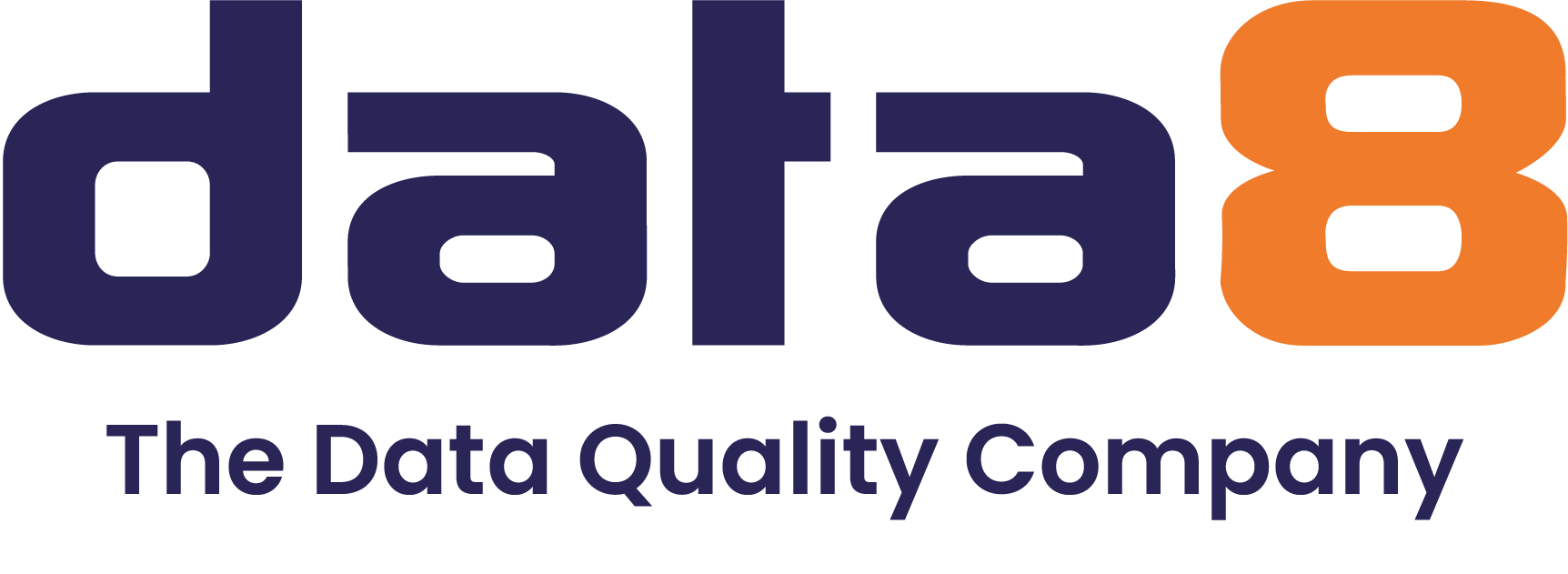
As we step into 2025, the importance of data quality has never been more apparent. Data drives decision-making, fuels innovation, and underpins the digital transformation of a business. Poor data quality can lead to misleading strategies, operational inefficiencies, and potentially reputational damage. To ensure your organisation remains competitive, setting an actionable data quality framework for 2025 is essential.
Why Data Quality Matters More Than Ever
The digital ecosystem is expanding, with increasing volumes of data generated every second. In this landscape, high quality data is the foundation for:
- Accurate Analysis: Reliable insights depend on trustworthy data,
- Regulatory Compliance: With stricter data protection laws, data integrity is a legal necessity,
- Enhanced Customer Experience: Clean and accurate data enables personalised, meaningful customer interactions,
- Operational Efficiency: Streamlining processes to reduce errors occurring from poor data quality.
With these in mind, let’s outline a framework for setting data quality goals in 2025.
1. Define ‘High Quality’ Data for your Organisation
Before setting goals, it’s wise to clarify what data quality means to your organisation. Common dimensions of data quality include:
- Accuracy: Data should accurately represent actual individuals
- Completeness: All required data should be available
- Consistency: Data should be uniform across multiple systems
- Timeliness: Information should be up to date with a defined timeline for review
- Validity: Data should comply with defined formats and rules
Customising these dimensions to align with your business objectives will provide a foundation for your goals.
2. Conduct a Data Quality Audit
Understand the current state of your data by conducting a thorough data audit. Identify gaps, errors, and inconsistencies. Data8 offers a free audit (no card details required) to help assess the quality of your records. This assessment identifies areas of inconsistency and measures the extent of incomplete or inaccurate data. This will help prioritise where improvements are needed most.
3. Set SMART Goals
Goals should be SMART (Specific, Measurable, Achievable, Relevant, and Time-bound). We’ve pulled together some examples of goals that could be set for data quality:
- Reduce data errors by X%: Aim to lower error rates in key datasets by a specific percentage by Q4 2025.
- Achieve 100% completeness: Ensure all critical customer records are populated by mid-year.
- Automate data validation: Implement automated data quality checks for all new entries by Q3.
These goals provide clear direction and allow you to measure the progress and success effectively.
4. Leverage Technology and Tools
Investing in the right technology can transform your data quality initiatives (and reduce the stress of this daunting task). Consider tools like:
Data Cleansing: Automate the identification and correction of errors in your CRM systems. Find out how Data8 can help with data cleansing here.
Master Data Management (MDM): Ensure consistency across platforms.
Real-time Validation: Catch errors at the point of entry. Data8 services for data validation can be found here.
5. Foster a Data-Driven Culture
Tools and technologies can help determine and improve data quality. But that’s not enough; encouraging a culture where employees understand the value of high-quality data, actively follow data governance policies, and teams collaborate to maintain data standards is essential.
Regular training sessions and clear communication of data quality’s impact on business outcomes help to establish this culture. If using Microsoft Dynamics 365, Data8 Data Integrity is a data quality scoring solution. Enabling users to measure/monitor data quality and record management over time. This can empower CRM users to increase their data quality scores, and boost team performance.
Setting data quality goals for 2025 is not just about fixing problems, it’s about creating a robust framework that ensures data remains a strategic asset. By defining clear objectives, leveraging technology, and continuously monitoring progress, your organisation can unlock the full potential of its data.
If your considering setting your 2025 data quality goals, why not talk to our experts to discuss areas where we can help and support you on this journey.

